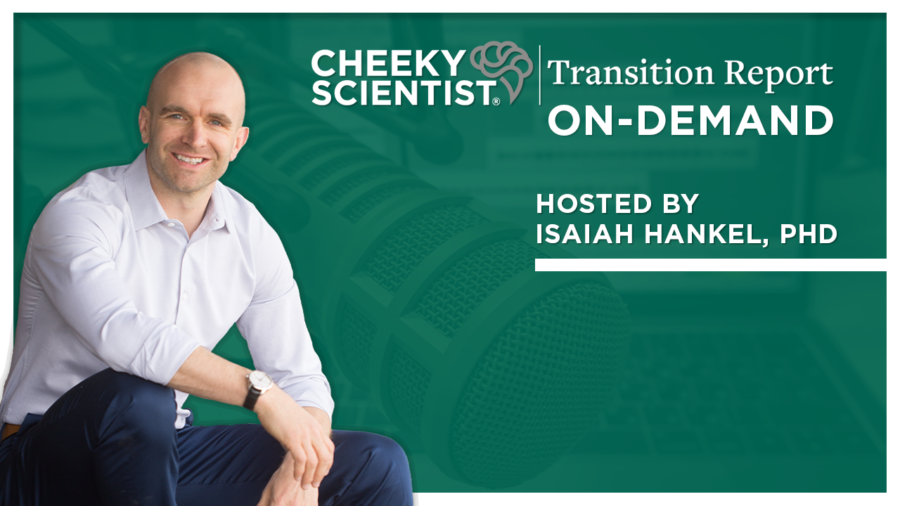Hosted By

Chief Executive Officer Cheeky Scientist

Join Isaiah as he discusses why you should never start a job search with a trial and error mentality and what you should do instead
Here’s a quick rundown of this week’s episode…
- First, Isaiah illustrates why you should never rely on trial and error during your search by telling the story of a PhD he recently talked to in a transition call
- Next, Isaiah gives an example of how using trial and error will significantly reduce your chances of getting hired
- Finally, Isaiah gives some advice of the strategy you should follow if you want to see results in your job search fast
From This Week’s Show…
Why You Should Never Rely On Trial And Error
Experimentation is a horrible transition strategy. I recently talked to a PhD who had lost funding and was unemployed. They were completely desperate to get hired, which is something I hate seeing but, unfortunately, see too often.
Like most PhDs, this person thought that getting hired would be pretty straight forward. They thought that once they really started trying in their job search, opportunities would come faster and faster. Only, they didn’t come faster. In fact, they came slower.
That’s when this PhD sent me a direct message and we ended up talking on a Transition Call. “It seems like the harder I try in my job search, the harder things are getting.” Well, I said, that’s because it is getting harder. As you continue to get rejected through your trial and error approach, your reputation is going down in industry.
Trial and error works in research, not in a job search. Industry employers talk and if your job search approach is sloppy, other hiring managers, recruiters, talent acquisition specialists and HR managers will start avoiding you.
How Industry Systems Weed Out Candidates Who Rely On Trial And Error
The applicant tracking systems and AI that employers use talk to each other. That’s right, your data is being collected in your job search, just like everywhere else in life.
Sure, it might be partially de-identified or encrypted (probably not but maybe) and as you get rejected more and more in these AI systems, your reputation score will start to go down.
Take LinkedIn for example, if employers keep “bouncing” away from your profile because it’s too academic, your visibility score will plummet. If you apply to a company’s AI system and get rejected, that system will often prevent you from being considered by an actual person for up to a year.
What You Should Do If You Want To See Results Fast
If this is news to you then you need to wake up and realize that no one is going to wait around for you to figure out how to execute a job search properly. No one is going to give you the benefit of the doubt and think, well, they don’t know what they’re doing now but I’m sure they’ll figure it out later.
You need to get organized, get the right information, execute the right job search strategy, and start having a much higher level or professional awareness.
Otherwise, you will damage your reputation in industry before you even transition.
If you’re ready to start your transition into industry, you can apply to book a free Transition Call with our founder Isaiah Hankel, PhD or one of our Transition Specialists. Apply to book a Transition Call here.










